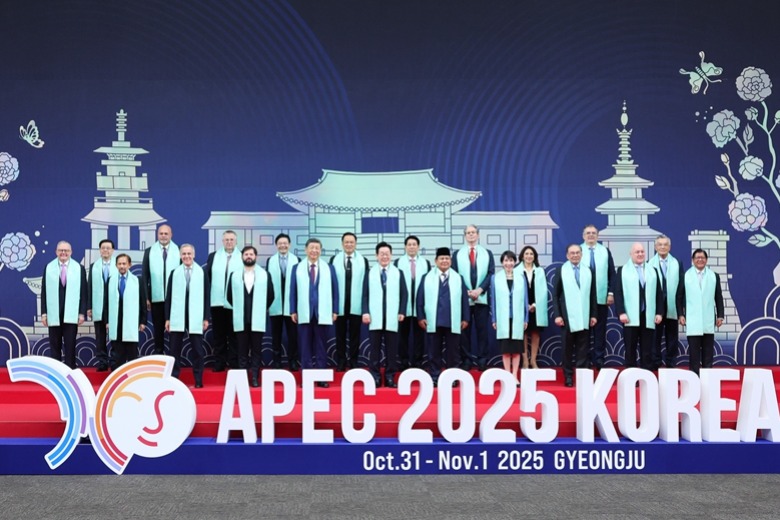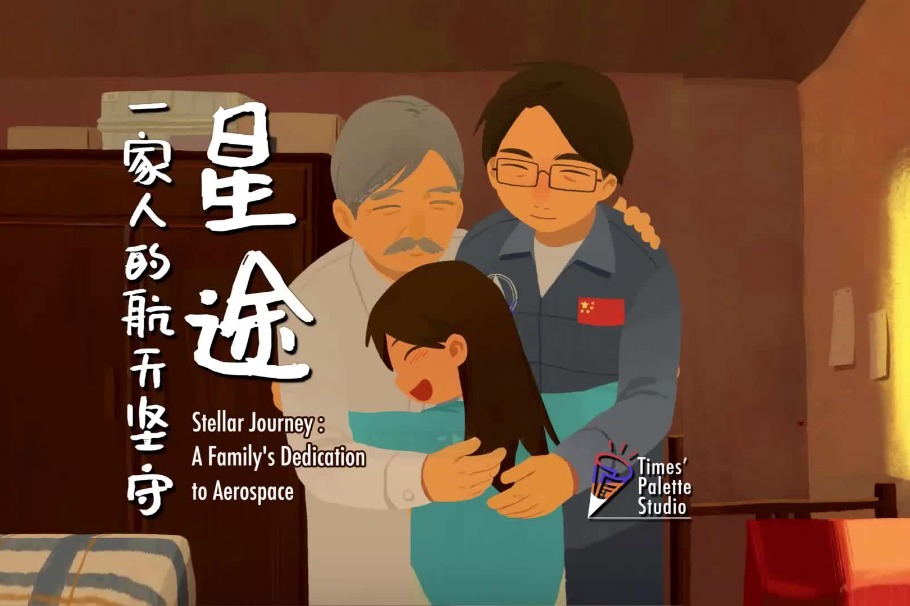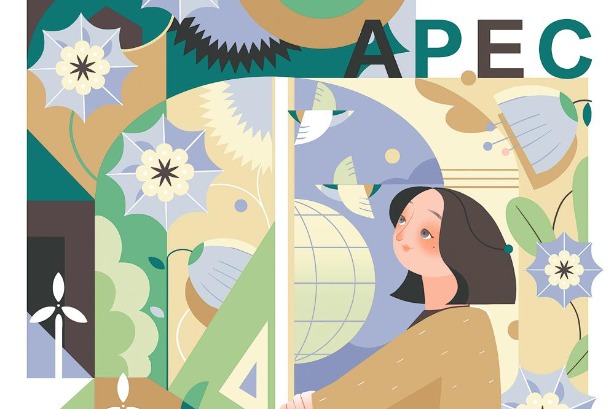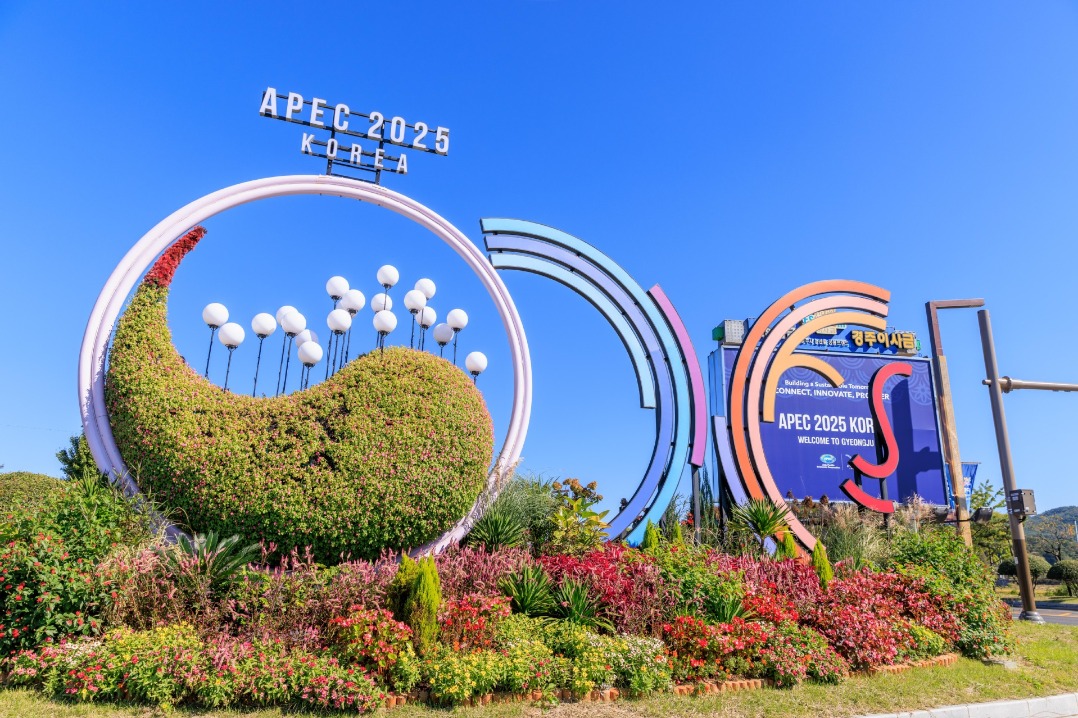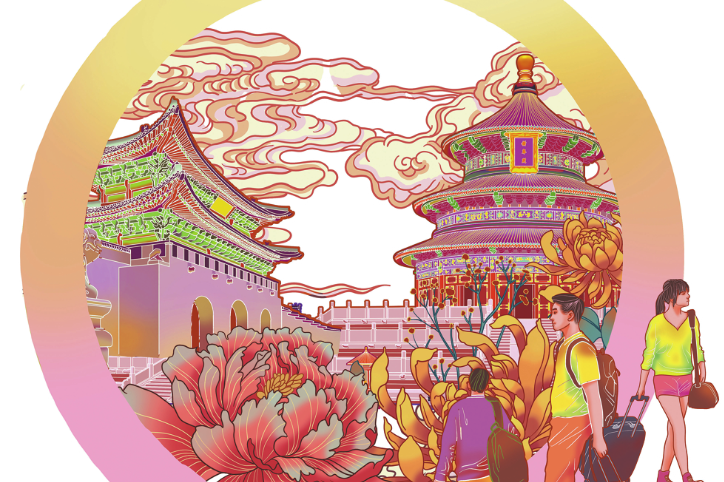Japan shouldn't say one thing then do another: China Daily editorial

Chinese President Xi Jinping's meeting with Japanese Prime Minister Sanae Takaichi, upon request, on the sidelines of the APEC Economic Leaders' Meeting in Gyeongju, the Republic of Korea, on Friday was an opportunity for the two sides to build constructive, stable bilateral relations.
Takaichi did acknowledge the importance of China-Japan relations and that the two neighbors share a responsibility to ensure regional and global peace and prosperity. And she did express Japan's desire to maintain high-level exchanges, enhance communication, and promote cooperation to advance a strategic relationship of mutual benefit, which aligns with the broader goal of fostering a constructive and stable partnership.
Takaichi also said that, on the Taiwan question, Japan will abide by its position stated in the 1972 Japan-China Joint Statement.
However, actions must align with words. Takaichi's meeting with some "officials" of Taiwan island during the APEC meeting, and her reference on social media to one of them with the title given him by the secessionist-minded Lai Ching-te authorities, contradicted what she said.
These words and deeds violate the one-China principle, the spirit of the four political documents between China and Japan, and the basic norms of international relations, and send a wrong signal to the "Taiwan independence" forces.
In the 1972 joint statement, the Japanese government stated that it fully understands and respects the stand of the Government of the People's Republic of China that Taiwan is an inalienable part of China, and the Japanese government firmly maintains its stand under Article 8 of the Potsdam Proclamation.
That Takaichi posted on social media photos of her chatting with the Taiwan "officials" during the APEC meeting makes her actions even more egregious in nature and in impact.
China has made serious demarches and protests to Japan over the Japanese leader's wrongful comments and actions concerning Taiwan, a spokesperson for Chinese Foreign Ministry said on Saturday.
In their meeting, Xi particularly stressed to the Japanese leader that the new Cabinet in Japan should establish a correct perception of China, honor the dedication and hard work by the older generations of leaders in both countries and people from different sectors of the two societies, and stay committed to the general direction of peace, friendship and cooperation.
The Japanese leader's reckless move and remarks suggest that she cares little about China's core concerns, and she does not understand the essence of the four political documents between the two countries. To establish a correct perception of relations, she should review these documents as they lay out clear provisions on the Taiwan question and related history.
Given the fact that Taiwan was under the colonial rule of Japan for 50 years before its return to China at the end of World War II and that this year marks the 80th anniversary of the victory in the Chinese People's War of Resistance Against Japanese Aggression (1931-45), it is remarkably insensitive and irresponsible for the Japanese prime minister to have a meeting with those of the Lai authorities.
Takaichi and her Cabinet should reflect on and address these wrongdoings, take concrete measures to undo the negative impact, stop interfering in China's internal affairs, and act on Takaichi's remarks at her Friday meeting with Xi on building a constructive and stable relationship with China.
As Xi said, the Murayama Statement is a serious introspection of Japan's history of aggression and makes apologies to victim countries, and its spirit should be honored by Japan.
Takaichi needs to be reminded that the Taiwan question is China's internal affair and at the core of China's core interests. How it is handled bears on the political foundation of China-Japan relations.
In their meeting, Xi said that the two countries should focus on the big picture, seek common ground while reserving differences, build consensus and manage disagreements, and make sure the relationship will not be defined by problems or differences.
If the Takaichi government turns a deaf ear to these calls and adopts a saying-one-thing-doing-another approach to bilateral ties, it will be wasting the hard-earned opportunity to build constructive, stable bilateral relations with China.


















